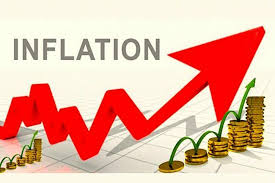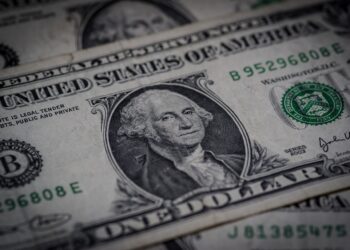Nigeria’s inflation rate drops again yet no proof, according to the latest Consumer Price Index (CPI) report from the National Bureau of Statistics (NBS). The report for July 2025 shows that headline inflation fell to 21.8% compared to June’s 22.22%. This marks the fourth month in a row that Nigeria’s inflation rate has gone down this year.
Numbers Show Decline, But Questions Remain
The NBS said that the headline inflation rate for July was 1.99%, which is 0.31% higher than the 1.68% recorded in June when measured on a month-on-month basis. Core inflation, which excludes volatile agricultural products and energy, dropped to 21.33% in July from 27.47% in the same month last year. Food inflation also slowed slightly to 3.12% in July from 3.25% in June.
However, despite these figures, many Nigerians say they have not seen any real relief in the prices of goods and services. Markets across the country still report high food costs, expensive transportation, and rising service charges. This is why some believe that while official reports say Nigeria’s Inflation Rate Drops Again Yet No Proof, the reality in daily life feels different.

Main Drivers of Inflation Still Pressuring Nigerians
The NBS identified food and non-alcoholic beverages, restaurants and accommodation services, and transport as the main contributors to inflation in July. These are essential goods and services that directly affect the cost of living. Even with a reported slowdown, most households continue to spend more each month.
Economists warn that unless production costs drop and supply chains improve, the inflation numbers may not reflect the economic reality felt by citizens. The phrase Nigeria’s Inflation Rate Drops Again Yet No Proof captures the gap between official statistics and everyday experiences.
Figures vs Reality
While the official data states that Nigeria’s inflation rate has dropped again, where is the proof, we ask? the reality for many Nigerians tells another story. Food, transport, and housing costs remain high, making it hard for citizens to feel the impact of the reported decline. Until these core expenses fall, the debate over whether inflation is truly dropping will continue.
















